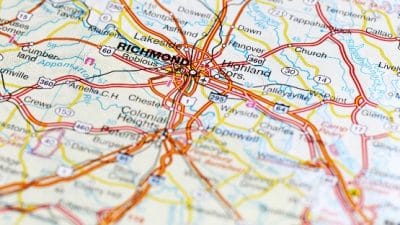
In their letter, the members point out that when Congress established the Metropolitan Washington Airports Authority (MWAA) in 1986, it was charged with operating, promoting and protecting Reagan National and Dulles International together as primary airports serving the metropolitan Washington area, in addition to Baltimore/Washington International Thurgood Marshall Airport.
“The result has been three world class airports with coordinated access to the nation and the world that has yielded dramatic investment in the region’s economy by the private sector,” the members wrote. “The multi-billion dollar economy of the metropolitan Washington region is driven in part by its aviation system, as evidenced by the relocation of major corporate headquarters such as SAIC, Hilton Hotels and Volkswagen to locations near our area airports. We must acknowledge that changes to the flight rules at Reagan National can have profound impacts both on operations at Dulles International and BWI, and on the economies of our home states and the region.”
In order to maintain the balance of the two-airport system – and acknowledging the physical limitations of Reagan National, an airport one-fourteenth the size of Dulles – Congress has since 1986 restricted the number of nonstop flights that can originate out of Reagan National to airports on the west coast. However, in the last three FAA reauthorization bills, Congress has made changes to these rules that have disrupted the balance in this two-airport system by adding additional flights from Reagan to destinations outside the 1,250-mile perimeter.
“Changes in flight activity resulting from legislative loosening of the slot and perimeter rules, combined with airline mergers and commercial transactions, have led to significant congestion and stress on Reagan National’s facilities,” the members wrote.“History has shown that increasing slots to beyond-perimeter destinations outside this process results in poor business decisions, anti-competitive behavior and unfair giveaways to one airline over another. Just as you would not want out-of-state members dictating operations at your home state airports, we will strongly oppose efforts to make changes at airports that serve our communities and constituents.”
In their letter, the members noted that since 2000, domestic passengers at Reagan National have grown by 31% while declining 9% at Dulles. In 2014, nearly the same number of travelers used Dulles as Reagan, even though Dulles is many times larger.
According to a study commissioned by MWAA, Dulles generates $1.2 billion a year in state and local tax revenue for Virginia, D.C. and Maryland while supporting nearly 250,000 direct or indirect jobs.










